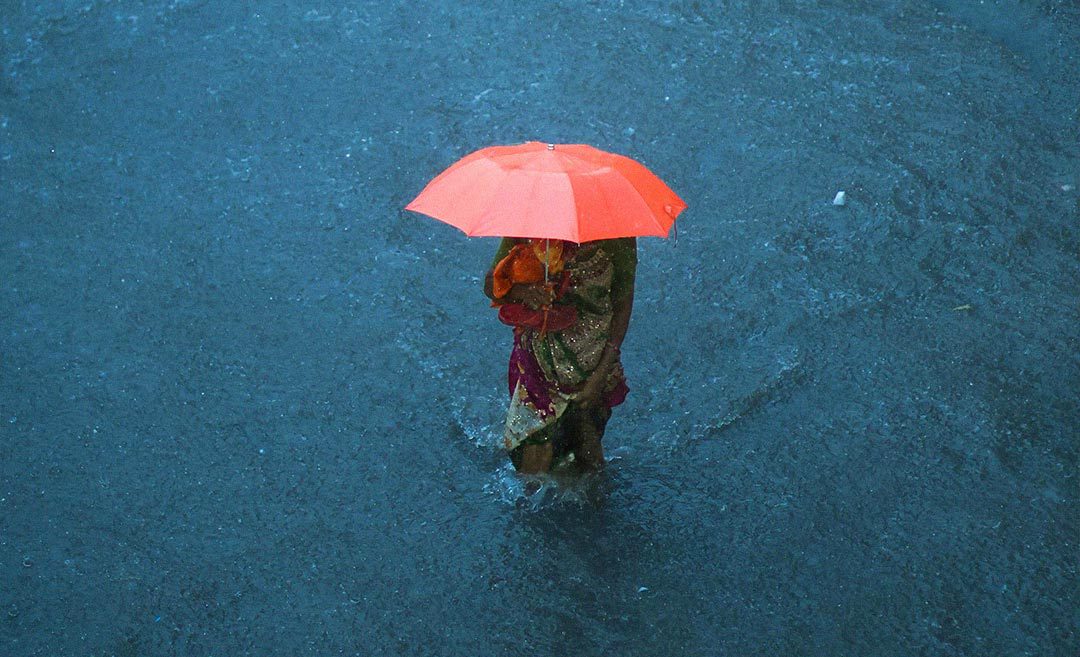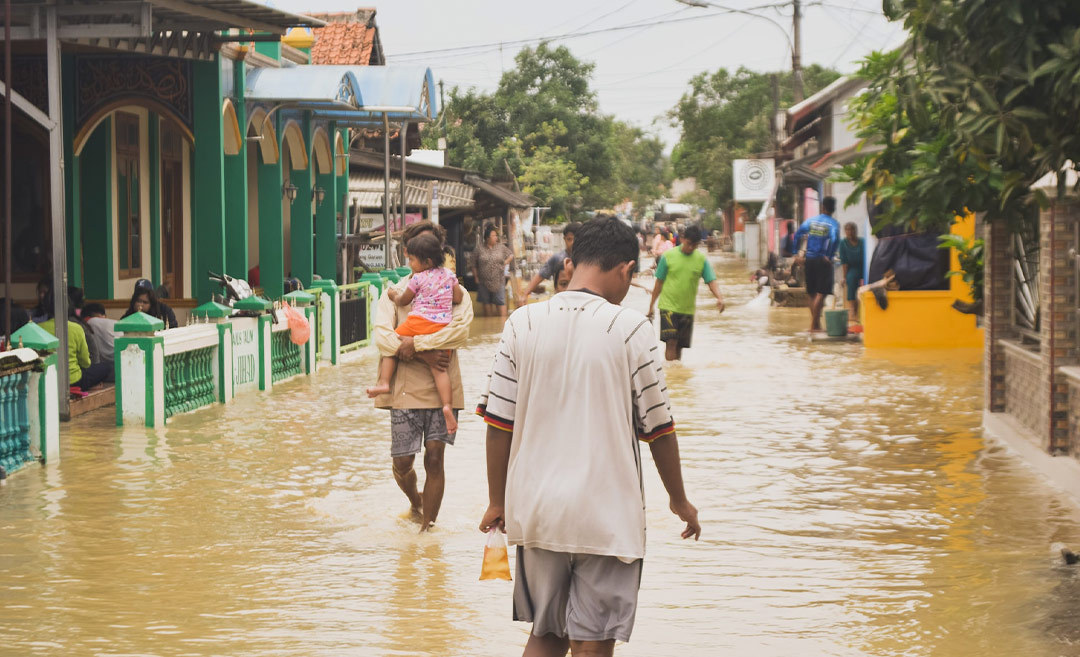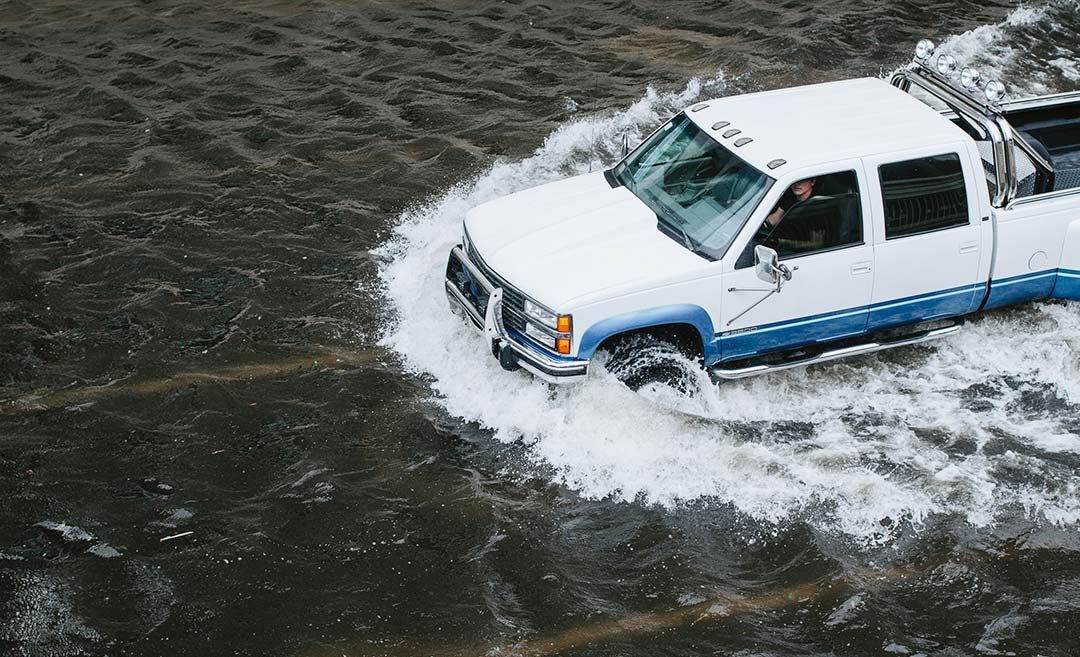Last week, the Arabian peninsula experienced some of the worst rainfall and floods. Parts of Dubai saw submerged cars with more than a handful being stuck in their vehicles for over 12 hours, highways were clogged, flights were halted, people were deserted at the airport, and at least 21 people were killed from this intense weather.
While reports have confirmed that forecasters issued warnings for citizens to stay indoors, the unusual storm sparked conversations on climate change and how cities must better prepare for extreme weather. The storms affected travel, with delayed or grounded flights, airlines not taking responsibility for passengers being stranded, and whatever other travel nightmare you can think of.
This begs the question: How can we better prepare ourselves as travellers? No one in their sane mind would have thought the desert would be wholly saturated in heavy rainfall, but Mother Nature found a way. So, it’s crucial to be (read: overly) prepared. Here are some tips on how you can stay informed and prepared in case of emergencies.
1. Stay updated with weather forecasts
While many thought the storms in Dubai and Oman came out of nowhere, they didn’t. Even though it was an unusual weather event, forecasters informed citizens to stay indoors, schools to close, and people were encouraged to work from home.
One of the best ways to stay safe during floods or extreme weather is by staying informed. Keep a close eye on weather forecasts, especially during the rainy seasons or when there’s a potential for heavy rainfall. Reliable sources like local meteorological agencies and weather apps can provide timely updates and alerts, helping you plan your activities accordingly.
If you’re an Apple user, the Weather app is good enough to provide in-depth forecasts that are often accurate. But in places like Dubai or Oman, you may want to research specific weather apps like Weather UAE, which even provide warnings and alerts.
2. Research your surroundings before your trip
Familiarise yourself with your surroundings, including the terrain and any flood-prone areas in your vicinity. This knowledge can be invaluable when deciding evacuation routes or seeking higher ground in case of flooding or any other extreme weather like a tsunami. So, researching the surrounding area of your accommodation area before your travels comes highly recommended. Remember, prevention is key, and being proactive can significantly reduce risks.
3. Have an emergency plan

Prepare an emergency plan for you and your family or travel companions. Identify safe meeting points, evacuation routes, and emergency contacts. Discuss the plan beforehand so everyone knows what to do in a flood emergency. Having a well-thought-out strategy can minimise confusion and ensure a swift response when time is of the essence.
4. Stay updated with your chosen airlines
The storms in Dubai and Oman saw so many travellers stranded at airports, many lying around in the airport. Dubai International Airport, one of the world’s busiest airports, faced major disruptions; some airlines even cancelled flights to Dubai; and travellers found themselves missing connecting flights as well. So, stay updated either through your chosen airlines’ websites or mobile apps for real-time news and information.
5. Always get travel insurance
Emirates, one of the world’s biggest airlines, compensates travellers for any travel mishaps that are within their control. However, compensation does not apply due to ‘extraordinary circumstances’ like the recent natural disaster. This highlights the importance of travel insurance, which provides benefits for unforeseen events. But be sure your policy includes a natural disaster clause.




